About
Scope and Purpose
Not one but two civil rights movements flourished in mid-twentieth century Texas, and they did so in intimate conversation with one another. While most research on American race relations has utilized a binary analytical lens—examining either “black” vs. “white” or “Anglo” vs. “Mexican”—Civil Rights in Black and Brown: Oral Histories of the Multiracial Freedom Struggles in Texas collects, interprets, and disseminates new oral history interviews with members of all three groups. The project is funded by a National Endowment for the Humanities Collaborative Research Grant (see media coverage), the Brown Foundation, Inc., of Houston, the Summerlee Foundation of Dallas, TCU's AddRan College of Liberal Arts, the Mary Couts Burnett Library at TCU, and other institutional and private sources.
This page, the Civil Rights in Black and Brown Interview Database, is a publicly accessible, free, and user-friendly multimedia digital humanities website that provides digital video clips from the interviews to researchers as well as teachers, journalists, and the general public. Rather than simply streaming full interviews or displaying transcripts, this site indexes short clips and embeds a number of detailed thematic metadata codes and tags. End users are able to easily search for detailed subject information across the entire interview collection and add their own tags to help future users. Click here for the controlled vocabulary or full list of subject terms.
The first series of audio and video clips included on this website were created from interviews conducted by the four project directors and their associates. These include interviews conducted by students in the Texas Communities Oral History Project undergraduate class at Texas Christian University as well as contributions from the University of North Texas Oral History Program; the Tejano Voices project housed in the Special Collections Library at the University of Texas, Arlington; and Documenting the History of the Civil Rights Movement in Dallas County, Texas, a joint project of the African American Museum of Dallas and the African American Education Archives and History Program funded in part by Humanities Texas.
In the summer of 2015, the Civil Rights in Black and Brown Oral History Project began its first phase of new field research. With support from, project faculty and graduate research assistance conducted approximately 115 new interviews over two months of full-time interviewing in the Dallas/Fort Worth region as well as at several remote sites in East Texas and the Rio Grande Valley that remain underrepresented in the historical record. Clips from these interviews are now being uploaded to the project's Interview Database (this site), and the full files will be archived and made accessible in the Portal to Texas History.
In the summer of 2016, we will again hire graduate research assistants to conduct new fieldwork in twelve additional sites: the Panhandle, Midland / Odessa, Deep East Texas (Lufkin), Montgomery and Liberty Counties, the Golden Triangle (Jefferson County), Houston, Harris and Galveston Counties, Fort Bend and Brazoria Counties, Corpus Christi and surroundings, Austin, and San Antonio.
Project staff will conduct additional fieldwork and archival research in 2017 and present findings at the Walter Prescott Webb Memorial Lectures sponsored by the Department of History at the University of Texas, Arlington, in Spring 2018. In addition to making the interviews available through this website and the Portal, CRBB will produce a multi-authored book and other academic and popular publications.
Scholarly Significance
Covering the period since the onset of civil rights era, the interviews with African American, Mexican American, and white activists located throughout the large, diverse state adds new depth to the study of “black/brown” and multicultural relations past and present. The project recovers the role of local people in the black civil rights and Chicano/a movements in Texas and sheds new light on the relationships between local, state, and national actors. It provides fresh insights into inter-ethnic collaboration, conflict, and everything in between—all grounded in the lived experiences of the grassroots organizers and participants in the two intersecting freedom struggles.
This multiracial approach also makes the individual movements look different, expanding upon the familiar themes of school desegregation and direct action protests to more fully weave in more recent areas of inquiry such as electoral politics, economic justice, grassroots community organizing, and black and brown power. The project compares, contrasts, and relates the separate movements and their myriad areas of overlap. Texas represents an ideal historical laboratory for this project due to the protracted presence of both ethnic/racial groups, their proximity in the same political units, and the state’s undue influence on (and ability to reflect) larger regional and national developments.
Project Director:

Max Krochmal
Project Director Max Krochmal is Assistant Professor of History at Texas Christian University. He earned his Ph.D. in 2011 at Duke University under the tutelage of preeminent oral historians William H. Chafe and Lawrence C. Goodwyn, serving for three years as the Research Associate for the acclaimed oral history project, Behind the Veil: Document African American Life in the Jim Crow South. Krochmal has taught courses on oral history at the Center for Documentary Studies at Duke and in the History Department at TCU. He is the author of articles in the Journal of Southern History and in two important anthologies and of the forthcoming Blue Texas: The Making of a Multiracial Democratic Coalition in the Civil Rights Era (University of North Carolina Press, 2016). Krochmal was the 2013-2014 Summerlee Fellow in Texas History at the Clements Center for Southwest Studies at Southern Methodist University. Prior to attending Duke, Krochmal received his B.A. with highest honors from the Department of Community Studies at the University of California, Santa Cruz, and worked for the Service Employees International Union. More information can be found on his personal website, professormax.org.
Co-Directors:
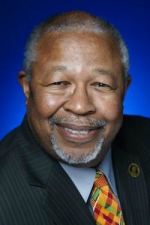
W. Marvin Dulaney
Dulaney is Associate Professor and Chair of the Department of History at the University of Texas, Arlington. He teaches American History, African American History, Public History, and the History of the American Civil Rights Movement in UTA’s undergraduate and graduate History programs. He is also a founding faculty affiliate of UTA’s Center for African American Studies and the founding president of the Dallas / Fort Worth branch of the Association for the Study of African American Life and History (ASALH), which is now named in his honor. He is the author of Black Police in America and the editor of three volumes on African American history as well as the new online Handbook of African American Texas. He is currently completing a manuscript on black history in Dallas and is has just published a related book chapter, “Julia Scott Reed: Presenting the Truth about African Americans in Dallas,” in Texas Women: Their Histories, Their Lives (University of Georgia Press, 2015). Dulaney received his B.A. magna cum laude from Central State University in Wilberforce, Ohio, and earned his M.A. and Ph.D. degrees at the Ohio State University in Columbus. For more than a decade, Dulaney also directed the Avery Research Center for African American History and Culture at the College of Charleston in South Carolina.

J. Todd Moye
Moye is Professor of History at the University of North Texas, where he teaches 20th Century US History and oral history and serves as the director of the UNT Oral History Program. He is a series editor of the Oxford Oral History Series of Oxford University Press and the First Vice-President of the Oral History Association. Moye is a distinguished civil rights historian who has written three books on African American history: Let the People Decide: Black Freedom and White Resistance Movements in Sunflower County, Mississippi, 1945-1986 (University of North Carolina Press, 2004); Freedom Flyers: The Tuskegee Airmen of World War II (Oxford University Press, 2010); and, most recently, Ella Baker: Community Organizer of the Civil Rights Movement (Rowman & Littlefield, 2013). Moye earned his B.A. at the University of North Carolina and his M.A. and Ph.D. at the University of Texas. He was a postdoctoral fellow at the Avery Research Center during Dulaney’s tenure and then directed the National Park Service’s Tuskegee Airmen Oral History Project from 2000 to 2005.
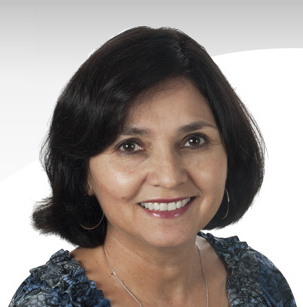
Maggie Rivas-Rodriguez
Rivas-Rodriguez is Professor of Journalism at the University of Texas at Austin, where she teaches and researches the intersection of oral history and journalism and U.S. Latinos both as producers of and consumers of the news media. In 1999, Rivas-Rodriguez founded the Voces Oral History Project (formerly the U.S. Latino and Latina World War II Oral History Project), which has videotaped interviews with over 960 men and women throughout the country and has become an international resource for documentary film producers, scholars, journalists and the general public. A reporter with more than 17 years of daily news experience, she was on the committee that organized and founded the National Association of Hispanic Journalists in 1982 and helped create its convention newspaper, which became a model for other industry organizations. She is the author or co-author of four books on the Latino experience during World War II and, most recently, of Texas Mexican Americans and Postwar Civil Rights (Austin, TX: University of Texas Press, 2015). She recently organized and hosted the Latinos, the Voting Rights Act & Political Engagement Conference. Rivas-Rodriguez received her Ph.D. as a Freedom Forum doctoral fellow from the University of North Carolina at Chapel Hill, her masters from Columbia University's Graduate School of Journalism, and her bachelor of journalism from the University of Texas at Austin.
Library and Archival Staff
Jacob Brown, Digital Data Manager
Brown is a Digital Services Librarian at the Mary Couts Burnett Library at Texas Christian University. Brown received an M.S. in Information Science from the University of North Texas in 2011, an M.A. in English from Texas A&M University in 2008, and a B.A. in English cum laude from the University of Dallas in 2005. He is proficient in a wide range of software and programming languages and has worked on the digital repositories of Southern Methodist University and TCU. Brown developed a working prototype of this website in the fall of 2013, and he is now constantly updating it as well as overseeing the uploading of interview clips and metadata onto the site. Brown maintains the digital storage and retrieval systems and the files themselves.
Mary Saffell, Archival Data Manager
Saffell is a Senior Archivist at the Mary Couts Burnett Library at Texas Christian University. She earned an M.A. in History in 1997 and an M.L.I.S. concentrating in archival enterprise at the University of Texas, Austin, in 2000. She served for more than a decade as the Associate Director and archivist for the Vietnam Center and Archive at Texas Tech University before becoming the Senior Archivist at TCU in October, 2013. Saffell coordinates the archival processing of the project data—that is, the content of the interviews and any donated manuscript collections or photographs. She supervises the receipt of new archival records as well as the application of the project metadata to the interview clips on this site. She also coordinates the archiving and digitization of materials for inclusion in the TCU Library Special Collections.
Office Manager
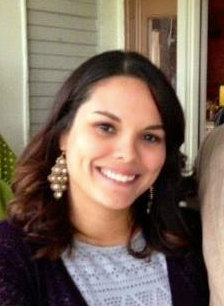
Katherine E. Bynum
Katherine E. Bynum is a PhD student at Texas Christian University in the Department of History. Bynum was a Summer 2015 research assistant for the Civil Rights in Black and Brown Oral History Project, and continues to perform ongoing administrative duties, including managing project travel, editing interview clips for the website, and supervising undergraduate work-study students. She received her Bachelor’s and Master's degrees from the University of North Texas where she worked for the UNT Oral History Program. She recently contributed interviews for the Fort Worth Latino Americans Oral History Project, a NEH-funded project that documented the lives and histories of Latinos/as in Fort Worth. Her dissertation will evaluate the roles of African American and Mexican American women in post-World War II Dallas, and how they used club work, labor unions, and civil rights organizations to fight for gender and racial equality.
Research Assistants
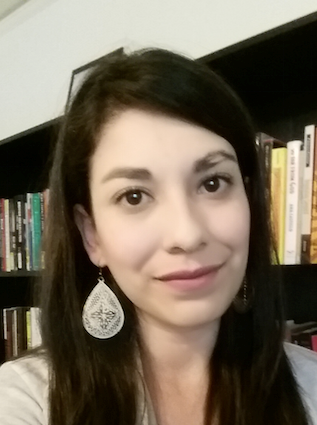
Sandra I. Enríquez
Sandra I. Enríquez received a BA and MA from the University of Texas at El Paso, and earned her PhD from the University of Houston in 2016. She will be joining the Department of History at the University of Missouri- Kansas City as an Assistant Professor in the Fall of 2016. Her research and teaching interests include Chicana/o and Latina/o History, Urban History, Social Movements, and Public History. Her manuscript project examines Mexican American grassroots approaches to preserve the neighborhoods of South El Paso, Texas, in the 1960s and 1970s and how these fights served as stages to exert citizenship and civil rights.
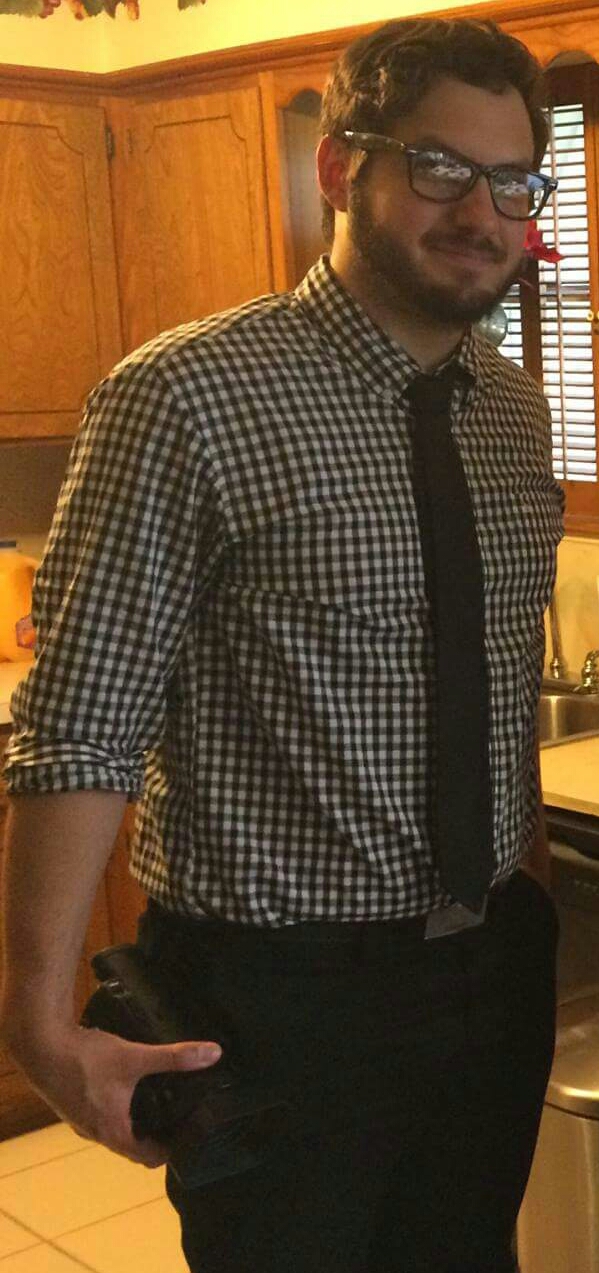
Moisés Acuña-Gurrola
Moisés Acuña-Gurrola received his bachelor's degree from Texas A&M University-Corpus Christi in 2012 and received his M.A. from the history department at the University of North Texas in 2015. Acuña-Gurrola studies the intersection of the Post-World War II African American and ethnic Mexican experience in the American Southwest. His master's thesis detailed the history of Corpus Christi's Molina neighborhood from 1954 to 1970. He has contributed to several digital history projects and authored Latino Fort Worth. He is a second-year research assistant for the Civil Rights in Black and Brown Oral History Project and will be a Ph.D. student at Texas Christian University beginning fall 2016.
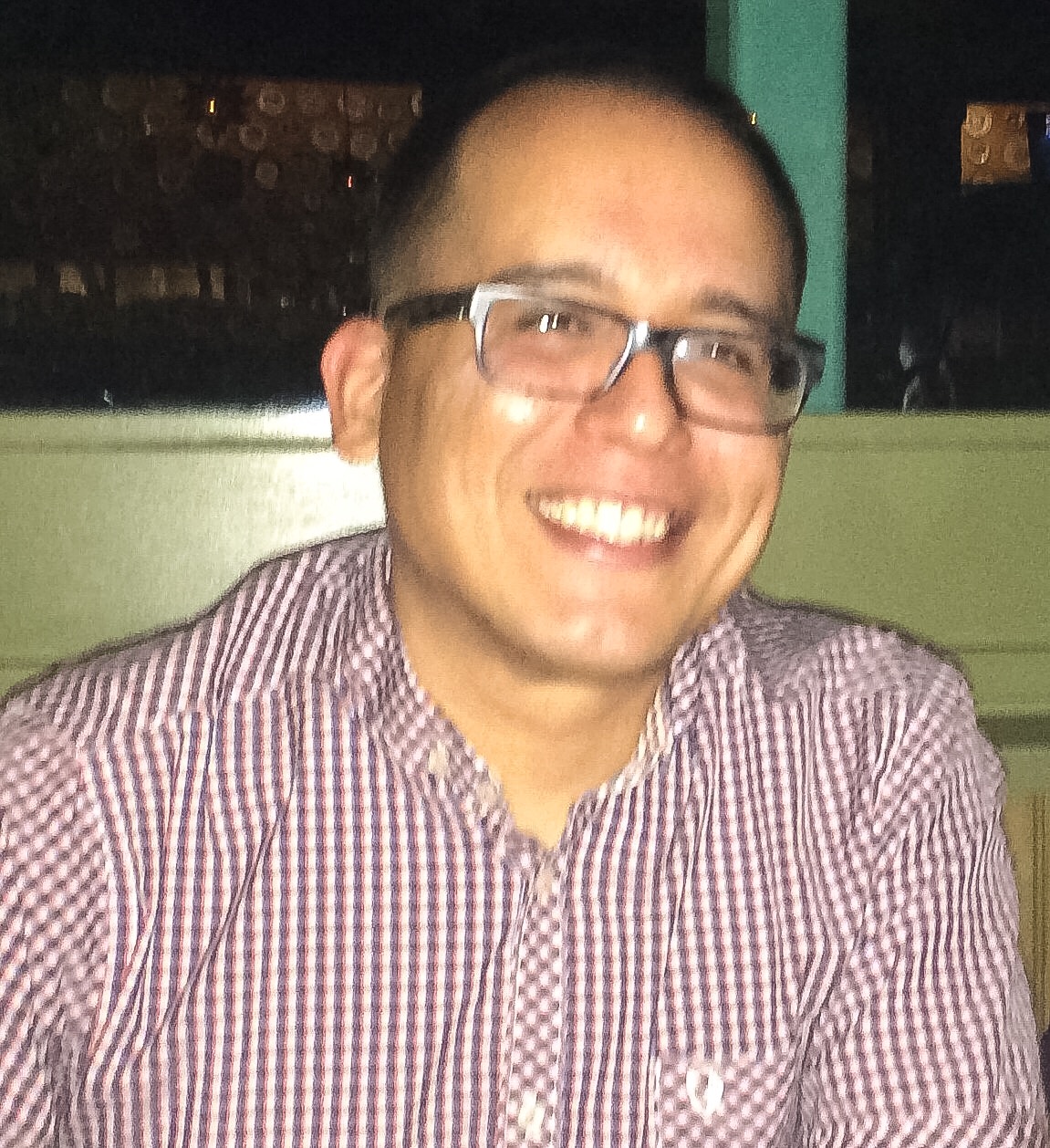
Steve Arionus
Although born in Tucson, Arizona, Steve Arionus was raised in San Antonio, Texas. After spending eight years in the U.S. Marine Corps, he received my BA and MA in History from the University of Texas at San Antonio. He is currently a PhD Candidate in History at the University of Michigan where he studies 20th century U.S. history with an emphasis on metropolitan history, political history, and Latino/a studies. His dissertation entitled, "Amid the Shadows of Progress: Race, Renewal, and the Fight for Metropolitan Democracy in the Alamo City, 1954-1990" explores the interconnected relationship between public policy, spatial segregation, and economic inequality.
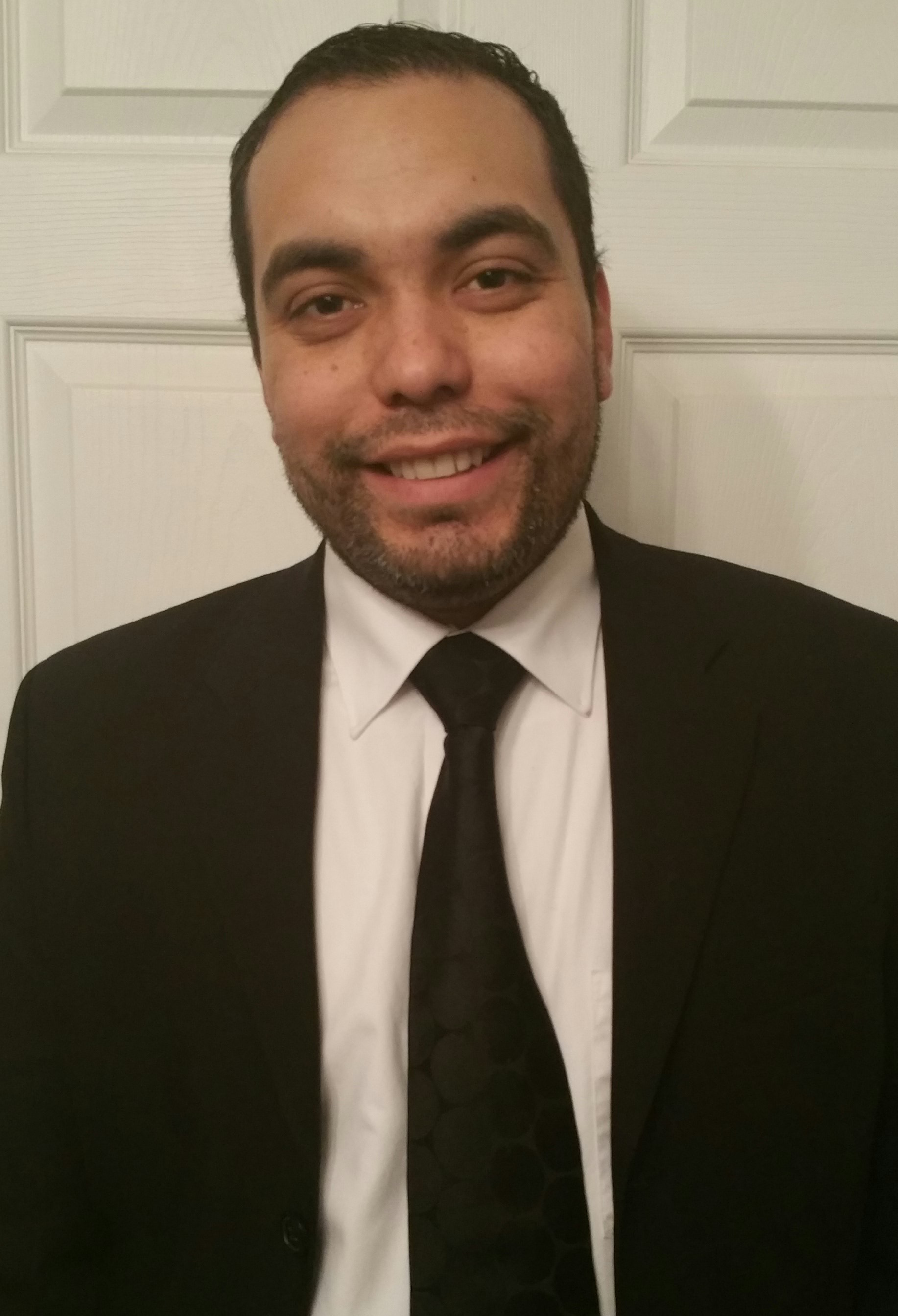
Eladio Bobadilla
Eladio Bobadilla is a PhD student in American history at Duke University, where he studies Chican@-immigrant relations since the 1970s. He received his undergraduate degree from Weber State University.

Danielle Grevious
Danielle Grevious is currently in the third year of the PhD program in the Department of History at The Ohio State University. Her areas of scholarly interest include race, ethnicity, class, women, sexuality, and (im)migration in modern U.S. and Latin American history. Danielle is originally from Ellenwood, Georgia and received her bachelor's degree in international studies from Georgia State University in Atlanta, Georgia.

Jasmin Howard
Jasmin Howard is from Mooresville, North Carolina. She is a PhD student in History at Michigan State University. She holds a BA in African American Studies and Political Science from the University of North Carolina at Chapel Hill and a MA in African American Studies from the Ohio State University. Her dissertation research will focus on the Greensboro Sit-In Movement that occurred in 1960 in Greensboro, North Carolina and sparked the United States Sit-In Movement of the 1960s. Her research will specifically focus on the role of gender and class within the Movement.
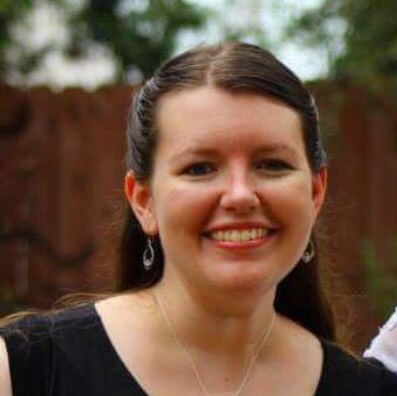
Meredith May
Meredith May is from Huntington, Texas and received her bachelor's from Stephen F. Austin State University. She is currently a PhD candidate at Texas Christian University where she studies twentieth-century American history under Dr. Rebecca Sharpless. During her time at TCU, where she also earned her master's degree in 2012, she has focused her scholarly work on the intersection between gender, race, class, and entrepreneurship. Specifically, her dissertation focuses on the development of woman-owned small-businesses in Houston after 1945.
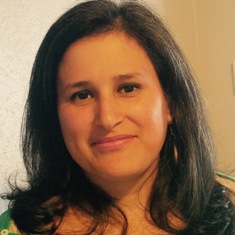
Samantha M. Rodriguez
Samantha M. Rodriguez is a Ph.D. Candidate in the Department of History at the University of Houston. She holds a B.A. and M.A. in History from the same institution. Rodriguez's dissertation, "Carving Spaces for Feminism and Nationalism: Tejana Activism in the Matrix of Social Unrest, 1967-1978," relies heavily on oral histories to investigate the ways Tejana community feminists in Austin, Houston, and San Antonio straddled a commitment to gender equity and ethnic self-determination within the broader nexus of the Chicana/o Movement, the Black Power Movement, and the Women's Liberation Movement. Underscoring the linkages among race and gender liberation struggles, this project shows how Tejanas fought for ethnic women's leadership, reproductive rights, public health, educational and occupational equality, welfare rights, and an end to state-sanctioned violence in the Jim Crow South.
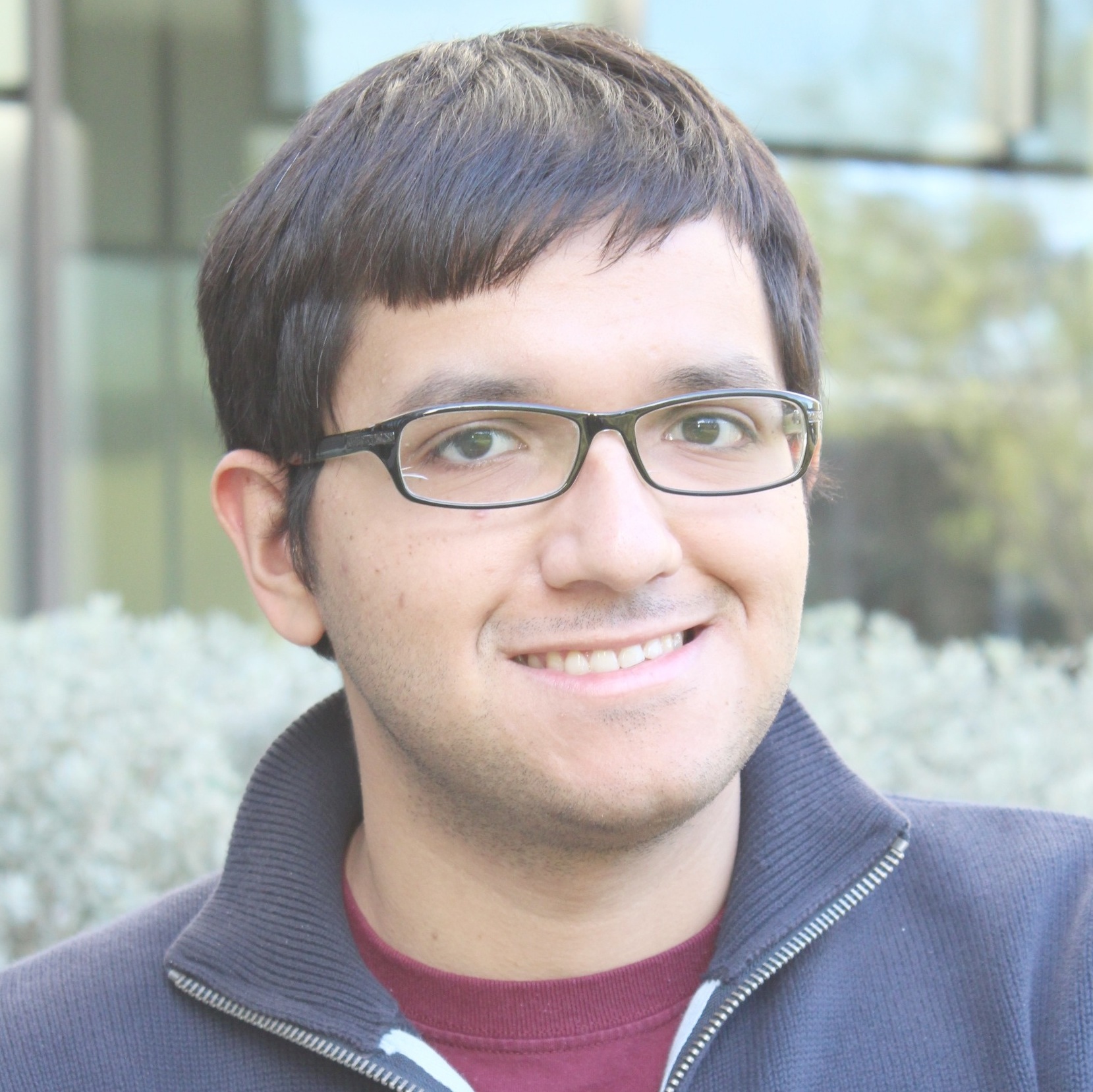
Vinicio Sinta
Vinicio Sinta is a PhD student in the School of Journalism at the University of Texas at Austin. His research centers on the evolution of the inclusion and portrayal of Latinos/as in political news. In the past two years, he has been a staff member and collaborator with the Voces Oral History Project at UT-Austin; in this capacity, he has conducted interviews with attorneys and activists involved in the push for the expansion of voting rights in Texas during the 1970s. A native of Monterrey, Mexico, Sinta received his bachelor's and master's degrees in Communication from Universidad Regiomontana and Tecnológico de Monterrey, respectively.

James Wall
Originally from Dallas, Texas, James Wall received his BA in history from the University of North Texas in 2008, his MA in history from the University of Houston in 2011, and is working on his PhD at the University of Georgia. Under the direction of Robert A. Pratt, he is currently writing his dissertation, "Settling Down for the Long Haul: The Struggle for Freedom Rights in Southwest Georgia, 1945-1995."

Karen Wisely
Originally from Geneseo, Illinois, Karen Wisely received her B.A. in History and her M.A. in History from the University of North Texas in Denton, Texas. She is currently a PhD candidate at the University of North Texas in the Department of History where her areas of concentration are 20th century U.S. history, LGBT history, social movements, the New South, and oral history. Wisely relies considerably on the gathering of oral histories in her current research, which examines the LGBT movement in Dallas that emanated from the first organization, the Circle of Friends, established in 1965.
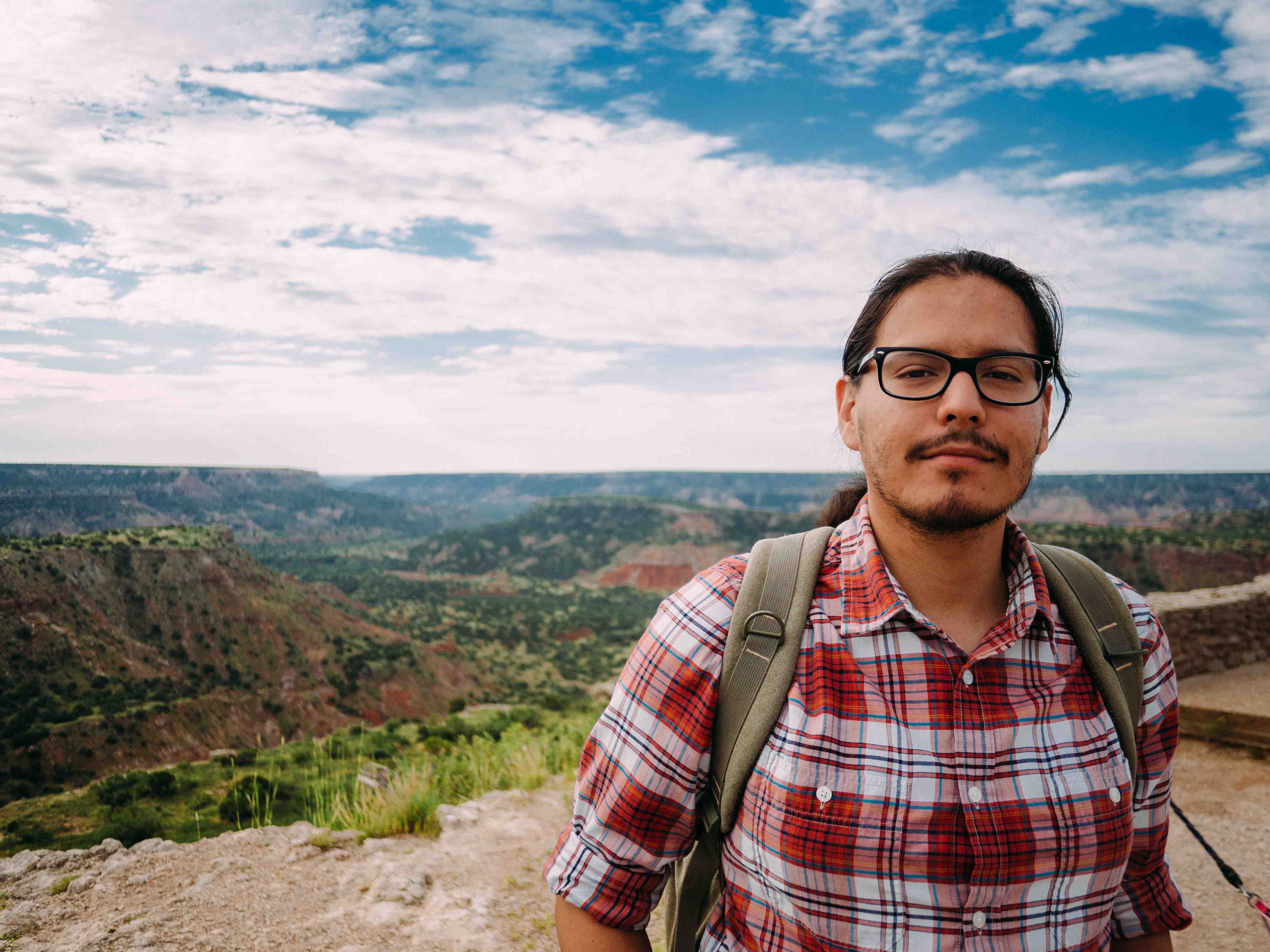
Joel Zapata
Joel Zapata is a Ph.D. candidate in history at Southern Methodist University. Zapata holds an M.A. from Southern Methodist University and a B.A. from the University of Texas at El Paso. His dissertation, tentatively titled "The Mexican Southern Plains: Creating an Ethnic Mexican Homeland on the Llano since 1850," traces how Mexican people have made the Southern Plains part of their social-cultural world since the late eighteenth century and into one of their permanent homelands since the mid-nineteenth century. Zapata's work counters the trope of depicting ethnic Mexicans as recent immigrants and adds to the ongoing scholarly project of enlarging Chicana/o history and the interdisciplinary field of Chicana/o Studies beyond the core of the Southwest. He has published articles in the Journal of South Texas and the Río Bravo: A Journal of the Borderlands. Zapata's public history work includes participating in the creation of the Texas Historical Commission's Hispanic Texans: Journey from Empire to Democracy, A Guide for Heritage Travelers and the successful effort to have the San Elizario Historic Arts District in San Elizario, Texas, recognized as a Cultural District by the Texas Commission on the Arts.

Katherine E. Bynum
Katherine E. Bynum is a PhD student at Texas Christian University in the Department of History. Bynum was a Summer 2015 research assistant for the Civil Rights in Black and Brown Oral History Project, and continues to perform ongoing administrative duties, including managing project travel, editing interview clips for the website, and supervising undergraduate work-study students. She received her Bachelor’s and Master's degrees from the University of North Texas where she worked for the UNT Oral History Program. She recently contributed interviews for the Fort Worth Latino Americans Oral History Project, a NEH-funded project that documented the lives and histories of Latinos/as in Fort Worth. Her dissertation will evaluate the roles of African American and Mexican American women in post-World War II Dallas, and how they used club work, labor unions, and civil rights organizations to fight for gender and racial equality.

Sandra I. Enríquez
Sandra I. Enríquez received a BA and MA from the University of Texas at El Paso, and earned her PhD from the University of Houston in 2016. She will be joining the Department of History at the University of Missouri- Kansas City as an Assistant Professor in the Fall of 2016. Her research and teaching interests include Chicana/o and Latina/o History, Urban History, Social Movements, and Public History. Her manuscript project examines Mexican American grassroots approaches to preserve the neighborhoods of South El Paso, Texas, in the 1960s and 1970s and how these fights served as stages to exert citizenship and civil rights.

Moisés Acuña-Gurrola
Moisés Acuña-Gurrola received his bachelor's degree from Texas A&M University-Corpus Christi in 2012 and received his M.A. from the history department at the University of North Texas in 2015. Acuña-Gurrola studies the intersection of the Post-World War II African American and ethnic Mexican experience in the American Southwest. His master's thesis detailed the history of Corpus Christi's Molina neighborhood from 1954 to 1970. He has contributed to several digital history projects and authored Latino Fort Worth. He is a second-year research assistant for the Civil Rights in Black and Brown Oral History Project and will be a Ph.D. student at Texas Christian University beginning fall 2016.
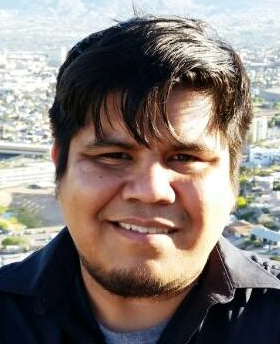
David Robles
A native of McAllen, Texas, David Robles received his B.A. in Mexican-American Heritage (2008) and his M.A. in History (2012) from the University of Texas Pan-American at Edinburg (now known as UTRGV). Currently, he is a Ph.D. student at the University of Texas at El Paso and his area of study are the Chicana/o Movements that occurred in the Rio Grande Valley in the late 1960s and 1970s. He is focusing his future dissertation topic on the Pharr Riot in Pharr, Texas in 1971 and the social implications that this event had on the city and its people.

